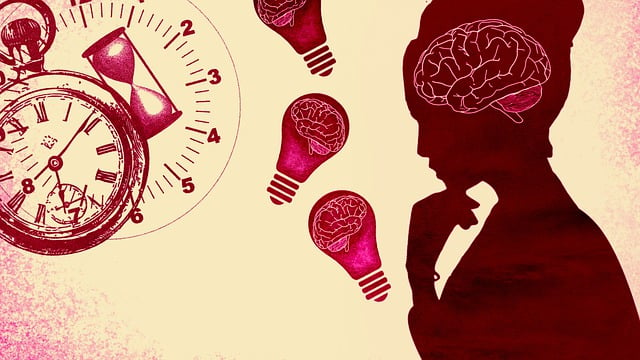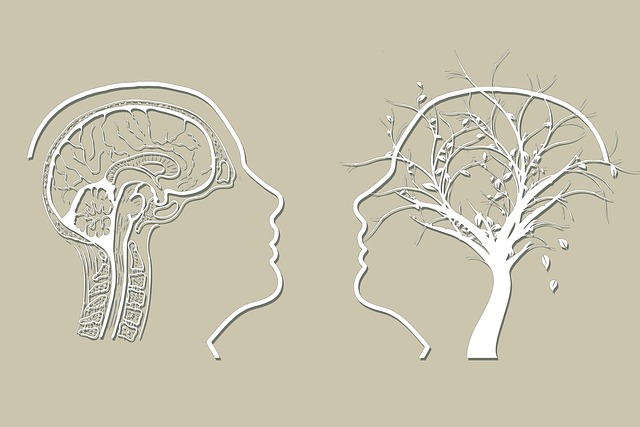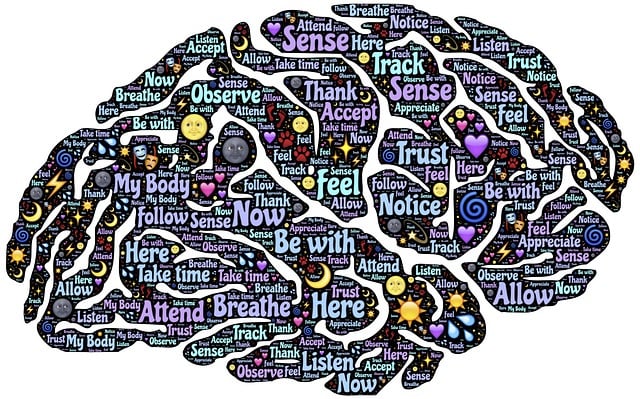Understanding and addressing Therapy for Young Children Trauma is vital, as young kids process loss uniquely, influenced by attachment styles. Age-tailored interventions, focusing on emotional regulation through mindfulness and play therapy, foster resilience. Early recognition through public awareness campaigns ensures these children receive necessary support, expressing emotions healthily and developing coping mechanisms for lifelong well-being.
“Loss, grief, and bereavement can profoundly impact young children, often leaving them and their families navigating a complex emotional landscape. This article delves into the world of supporting these young minds through traumatic loss, offering insights on understanding child grief, the role of counseling, and effective therapeutic approaches. We explore common challenges faced by children after trauma and provide resources for families seeking guidance in this sensitive area. Discover how specialized therapy can foster healing and resilience in young children experiencing trauma.”
- Understanding Loss, Grief, and Bereavement in Young Children
- The Role of Counseling in Traumatic Loss Support
- Common Challenges Facing Young Children After Trauma
- Therapeutic Approaches for Effective Healing
- Resources and Next Steps for Families Seeking Support
Understanding Loss, Grief, and Bereavement in Young Children

Understanding loss, grief, and bereavement in young children is a delicate yet crucial aspect of counseling. Children, especially those under 10 years old, process and express their emotions uniquely compared to adults. They might not possess the cognitive ability to conceptualize death as final, often experiencing grief as a series of intense feelings rather than a linear process. This can manifest as confusion, fear, anger, or even a sense of guilt.
Grief in young children is also deeply connected to their attachment styles and relationships with caregivers. Therapy for young children affected by loss, grief, or bereavement should consider the child’s age, developmental stage, and individual attachment style. A comprehensive risk assessment for mental health professionals is essential to tailor interventions that support self-esteem improvement while navigating the complexities of trauma. Effective counseling can foster resilience, helping these young individuals process their emotions in a healthy manner and develop coping mechanisms to thrive despite challenging circumstances.
The Role of Counseling in Traumatic Loss Support

When a child experiences traumatic loss, whether through the death of a loved one or a major life change, counseling can be a lifeline. Therapy for young children dealing with trauma is tailored to their developmental stage and unique needs, focusing on helping them process emotions like grief, fear, and anger in a safe space. This support is crucial as it enables children to develop healthy coping mechanisms and build resilience.
Counseling incorporates evidence-based practices such as mindfulness meditation to enhance emotional regulation skills. By teaching young clients techniques to stay present and manage intense feelings, counselors empower them to navigate their trauma with greater ease. Integrating mental wellness strategies into counseling sessions ensures that not only do children learn to cope with their immediate loss, but they also develop lifelong tools to maintain their overall psychological well-being.
Common Challenges Facing Young Children After Trauma

Young children often face unique challenges when navigating trauma and loss. Their developing brains and limited cognitive abilities can make it difficult for them to process and express their emotions effectively. After a traumatic event, kids might exhibit signs of confusion, withdrawal, or even regress to earlier behaviors. They may struggle with nightmares, anxiety, and extreme mood swings, which can significantly impact their daily functioning and relationships.
One of the critical aspects in addressing these challenges is providing specialized therapy for young children trauma. Through play therapy and compassionate cultivation practices, counselors can create a safe space for kids to explore and understand their feelings. By incorporating self-esteem improvement techniques tailored for their age group, therapists help children rebuild resilience and trust. Public awareness campaigns development focused on recognizing and supporting traumatized youth is also essential to ensure they receive the necessary care and attention at an early stage.
Therapeutic Approaches for Effective Healing

Loss, grief, and bereavement counseling offers a variety of therapeutic approaches tailored to support individuals through their healing journey. For young children experiencing trauma from loss, play therapy and art therapy have proven effective. These non-verbal methods allow children to express their emotions and process their experiences in a safe and supportive environment. By engaging in imaginative play or creative arts, therapists can help children make sense of their feelings and begin the process of healing.
Additionally, incorporating stress management techniques into counseling can significantly benefit clients. Encouraging the development of a self-care routine for better mental health is integral to reducing the impact of stress and trauma. Simple yet powerful stress reduction methods, such as mindfulness exercises or deep breathing techniques, can empower individuals to manage their emotional responses. These strategies not only support effective healing but also equip individuals with lifelong tools to navigate future challenges.
Resources and Next Steps for Families Seeking Support

Families navigating loss and grief can find a range of resources to support their emotional well-being. Many community organizations offer bereavement groups tailored for different age groups, providing a safe space for children and adults alike to express their feelings and share experiences. These groups often facilitate healing through empathy-building strategies and self-care routine development for better mental health.
For families seeking therapy for young children experiencing trauma related to loss, specialized counselors can provide evidence-based approaches. They offer tools to help children process grief and develop healthy coping mechanisms. Additionally, healthcare providers should remember the importance of burnout prevention strategies to ensure they are equipped to offer the best support.
Loss, grief, and bereavement counseling play a pivotal role in helping young children navigate traumatic experiences. Understanding their unique emotional needs is essential when seeking therapy for young children trauma. Through tailored therapeutic approaches, professionals can facilitate healing and provide much-needed support during challenging times. By utilizing effective counseling strategies outlined in this article, families can access valuable resources to help their children process loss and move towards recovery.














